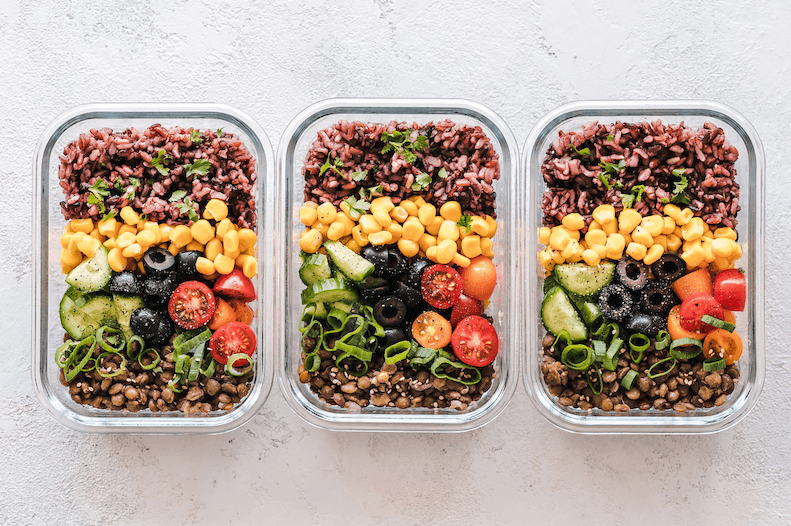
Plant Power – some of the most succesful athletes in the world are saying ‘NO’ to animal based foods.
The plant-based movement has gone from strength-to-strength and now it seems to have established itself in mainstream society, so much so that we now see many athletes turning to vegetarianism and veganism.

Several famous athletes have revealed that they’ve decided to adjust their eating habits to a more plant-based diet. There is a growing-list of athletes who are crediting their diet for their excellent performance, the likes of Scott Jurek and long-time vegan Nate Diaz to name a few.
But what does a plant-based diet really do for you?
Why are more athletes going vegetarian/vegan?
Although interest in a plant-based diet isn’t a new concept, there is certainly a visible increase in the popularity of this choice over more typical Western diets, particularly for vegan diets.
A survey carried out among athletes at the Commonwealth Games found that 8% of athletes competing were conforming to vegetarian diets, with 1% being vegan (Pelly & Burkhart, 2014)
It’s difficult to pin-point exactly what attributed to a sudden rise in interest; but it seems highly likely that changing diet to prevent disease, and a variety of other ailments, is one of the primary catalysts for change, at least among the public.
But for athletes there are varying reasons, often related to performance enhancement.
Can It boost productivity?
A long-held understanding of plant-based diets was that they didn’t pack the necessary nutrition for the average person to manage their day-to-day lives. However, this understanding has since been quashed, opening the gates for a large number of publications coming out backing the benefits of a plant-based diet.
Nonetheless, vegan diets adopt the most extreme of plant-based eating, which in-turn require a more restrictive eating pattern and often mean athletes need to consider special nutrient needs in their diet.

A study carried out in in 2015, found that a plant-based diet can boost health and general well-being. In a separate study, there were claims that suggested an 18-week dietary intervention could boost employee productivity.
Though this study wasn’t carried out on athletes, it’s findings claimed that it had a positive effect on anxiety, depression, fatigue and general health. The findings are particularly interesting, as these are areas that often have a negative impact on professional athletes.
Who’s going Vegan?
There is an ever-growing list of athletes who are turning to plant-based diets for all manner of reasons. Often we see athletes making the change to counteract health concerns or conditions, which may affect their performance.
But as much as anything, it’s athletes deciding they’d simply perform better due to the added nutritional value the diet provides. Here’s a little overview of some athletes performing at the top of their game who are vegetarian/vegan.
Nate Diaz
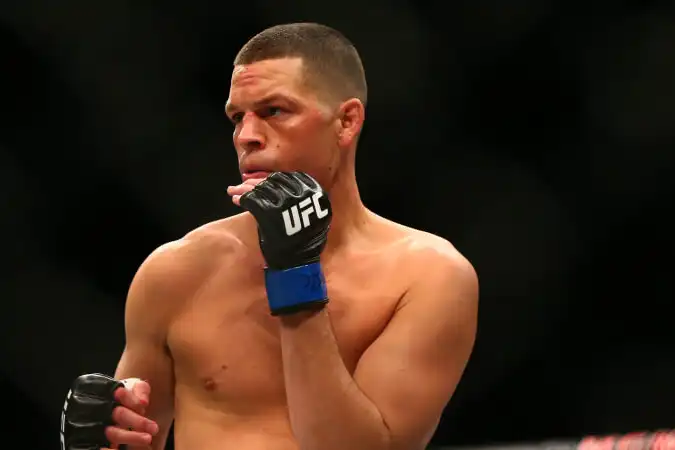
Nate Diaz is a bit of a rebel, he’s never far from controversy and seems to be constantly in the limelight, often for the wrong reasons. Veganism will bring him no peace either, as we so often see anti-vegan groups protesting and complaining.
But the UFC champion does not hide his diet, in fact he actually promotes it. He came out saying “I like to promote the vegan industry”, he wants to silence the naysayers and spread the information surrounding the benefits of veganism.
Nate will feast on anything from bean-based pastas, tofu, bowls of oatmeal, berries and a variety of fruits; which would provide a well-balanced diet.
Nate has spoken of a long-list of other UFC stars who are vegan, such as CM Punk and James Wilks. He even thinks that eating meat is debilitative, speaking to Men’s Journal he said “If anything, meat’s gonna slow you down”.
He’s a firm believer in doing more than just training, being able to fight is one thing but you must provide your body with the necessary nutrition for it to grow and recover properly.
Nate was the underdog in the Conor McGregor matchup a few years back, yet he came out on top (arguably in both fights). It’s difficult to argue with, when he’s putting in performances like he has been of late. Another quote from the UFC star, which would be Nate’s argument to those who claim veganism is detrimental “It’s easy to argue with these people. I’m like, ‘Dude, have you done a tenth of what I’ve done?´”
Venus Williams
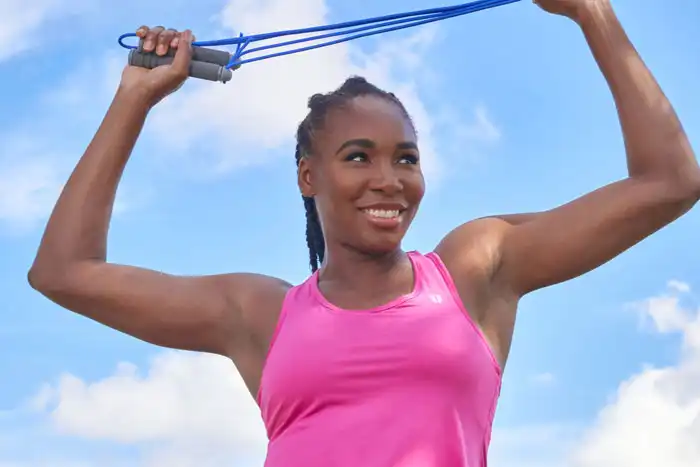
Venus first adopted a vegan diet on recommendation, due to a medical condition. The condition is known as Sjogren’s syndrome and it is a debilitating disease which causes fatigue.
The two-time US Open Champion was encouraged to adopt a raw vegan diet to help manage the disease, which she took to straight away. She now maintains this diet and claims she would never turn back.
Although she decided to change due to illness, the fact that a plant-based diet is recommended to battle fatigue is rather intriguing. So much so, that her sister decided to support her after hearing her diagnosis and is now a flexitarian.
She even said “I think it’s just really good to clean out your system sometimes just to get rid of all the waste and things like that that are just in your system and let the earth from the plants really clean you out. So I’m a big believer in that”.
Scott Jurek
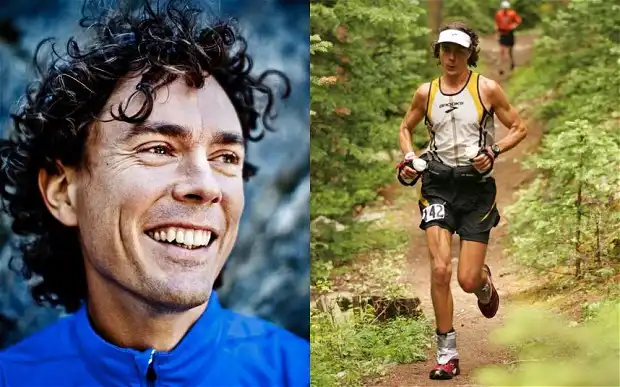
Scott Jurek is an American ultramarathon runner, who’s seen great success in his sport and has been influential on the sport as a whole.
He’s an outspoken vegan, which comes as a surprise to many athletes who firmly believe in the benefits of animal protein for muscular fuel and endurance-based competition. However Scott’s success speaks for itself and one must wonder how good he could really be, if the claims about the debilitative nature of veganism were true.
He doesn’t credit his success entirely to his diet. He’s a firm believe in training hard and racing with confidence, but it certainly comes up in conversation when he discusses preparation. Of the athletes we’ve discussed in this article, Scott is the athlete that needs “fuel” more than the rest, yet he is quite content with his diet and stands firm on this, even though it is contrary to popular belief.
Lewis Hamilton

Lewis Hamilton, the five-time Formula 1 champion, has championed veganism in a number of public and media appearances. He’s an outspoken supporter of the movement and firmly believes in it’s benefits.
He said in a recent documentary “We all want to feel great. We All want to look great and have more energy. The most important thing is to have the right fuel in your body. I can’t remember feeling this great in my whole 32 years of life”.
We all want to feel great – Lewis Hamilton
The point about “the right fuel” is particularly interesting, especially from an athlete who has experienced the energy given through more conventional diets. He spoke out about his struggles with weight and body image; however, for the most part, this can be managed on any diet, if the balance is right.
Another thing he touched on briefly was the difference in antioxidants consumed through a plant-based diet, compared to that of a meat-based one. Broadly speaking, antioxidants neutralise free radicals, which cause muscle fatigue and impair recovery.
Bill Pearl
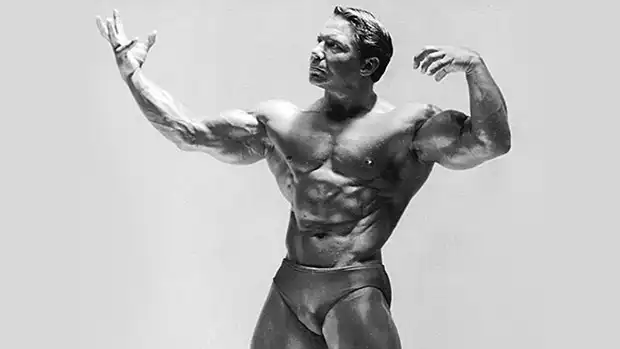
Five time Mr Universe winner Bill Pearl, who was also named “World’s Best-Built Man of the Century”, decided at the ripe age of 39 that being a vegetarian was for him.
He describes his experiences with vegetarianism “with each succeeding year the diet, I’ve felt better. I’m more healthy, I can train with more energy, and I’m not as much of a “hard guy” as I used to be”.
He speaks very positively about the change, going into the details of the difference in energy levels and how it’s been a graduale but perpetual process. He also touches briefly on his altered state of no longer feeling like the “hard guy”, which is particularly interesting because this may relate back to hormones in meat.
He is particularly vocal about the fact that through a plant-based diet you can capture the full-spectrum of nutrition that can be found in any other diet.
Bode Miller

Bode Miller is one of the greatest alpine skiers of all time, having won five Olympic medals. He took gold in Vancouver back in 2010 and was seen as one of the top skiers on the circuit during his peak years.
For Bode it’s a different story to many vegetarians we see these days who have made the adjustment. He was brought up as a vegetarian on an organic farm in New Hampshire.
So it begs the question, if an athlete can go on to win a goal medal having been raised on a strictly plant-based diet; surely it’s not a bad thing?
Trending plant-based diets – Is it worth making the change?
It’s difficult to say whether it’s ‘worth’ changing your diet to a plant-based one. But there is a certain value in it, and a number of benefits not as easily found in traditional diets.
But ultimately, it’s very much down to the individual and their preferences. For some the idea is unfathomable, but as we see the movement expand globally and into the commercial market, it’s probable we’ll see more and more people adopting plant-based living.